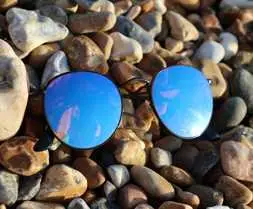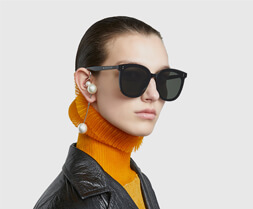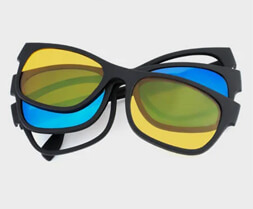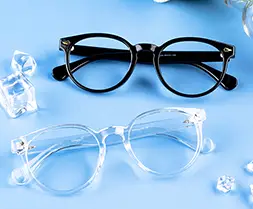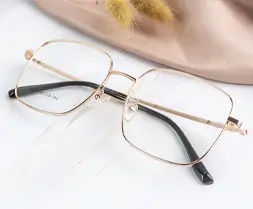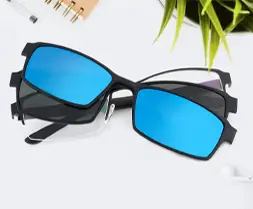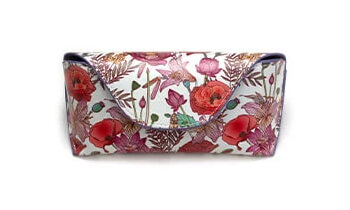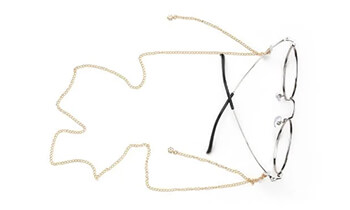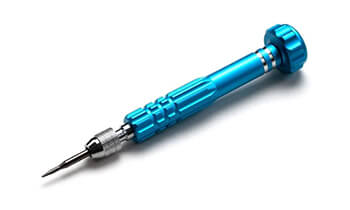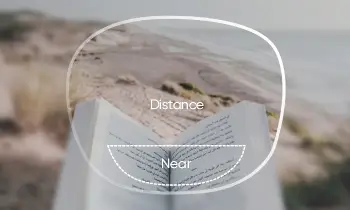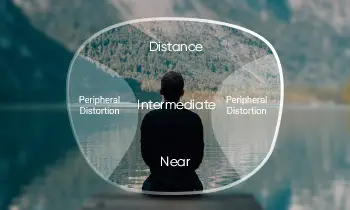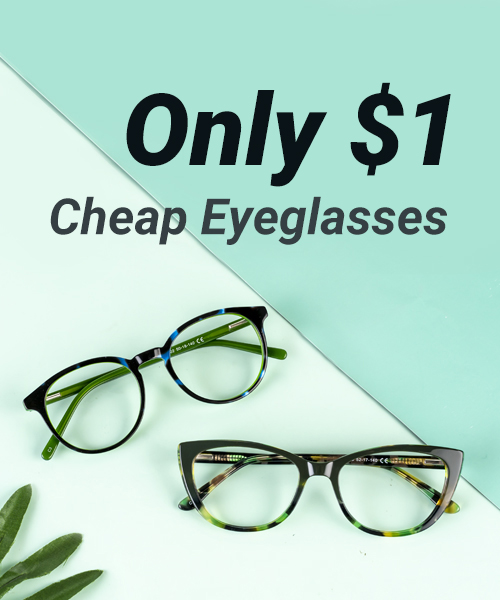The sudden onslaught of a cold wave switches to extreme cold in a second. Cold gusts of wind interspersed with snow drifts, sometimes continuous and chilly rain. When you have to go out, wrapped in several layers of down jackets and polar boots, the body is warm, and are your eyes warm?

The eyes are very delicate organs, and they need special attention to protect them in winter. The cold may lead to blockage of blood vessels under the eyes and cause "eye strokes"!
What is "Eye Stroke"?
In cold weather, the blood vessels in the eye tend to constrict when exposed to cold, making blood flow slower and leading to the formation of blood clots, which can lead to blockage of the central retinal vessels, known as "eye stroke. This disease is dangerous, especially when the main retinal artery trunk is blocked, which can lead to sudden total blindness.
"Eye strokes" require time-saving treatment, and if the onset is not effectively treated for more than 4 hours, vision may be more challenging to recover. This is especially true for people with high blood pressure, diabetes, atherosclerosis, and middle-aged and elderly smokers, who are at increased risk and need to be alert!
Adhere to the following 4 points to reduce the occurrence of "eye strokes"
1. Maintain a balanced diet, eat reasonably, and avoid foods high in oil, sugar, and salt.
2. Avoid overexertion and excessive emotional fluctuations.
3. Get enough sleep, relax, exercise moderately, and keep warm in the cold.
4. Patients with three highs should have regular medical checkups to check blood pressure, lipids, blood sugar, and viscosity.
Pay attention to the prevention of three other winter eye diseases
In addition to preventing "eye strokes" in winter, the following three eye diseases should be prevented.
01. Tears in the wind
Tears in the wind are more common in the elderly. If the nasolacrimal ducts are open, the eyes may suffer from chronic conjunctivitis, and the eyes are prone to tears when exposed to cold wind and irritation. When going out in cold weather, it is recommended to protect the eyes well and to reduce travel in windy weather.
02. Dry eye disease
The dry climate in winter makes the eyes prone to dryness. People who use computers and cell phones for a long time are also prone to dry eyes and pain due to excessive eye use at close range. Frequent blinking can promote the wetness of the eyes and protect them. The following rules of eye care can be kept in mind after prolonged eye use.
03. Glaucoma
The low temperature in winter and the cold stimulation easily excite the sympathetic nerves, and the intraocular pressure may quickly rise sharply in a short period, making it easier to induce glaucoma. Glaucoma is prone to headache, eye swelling, and vision loss, accompanied by nausea and vomiting. It is recommended that people at high risk for glaucoma, such as those with diabetes and hypertension, and those over 40 years old with a family history of glaucoma. Seek medical attention as soon as they have symptoms such as nausea and vomiting, dizziness and discomfort, and swelling and pain in both eyes.





